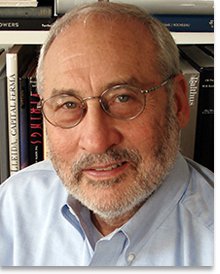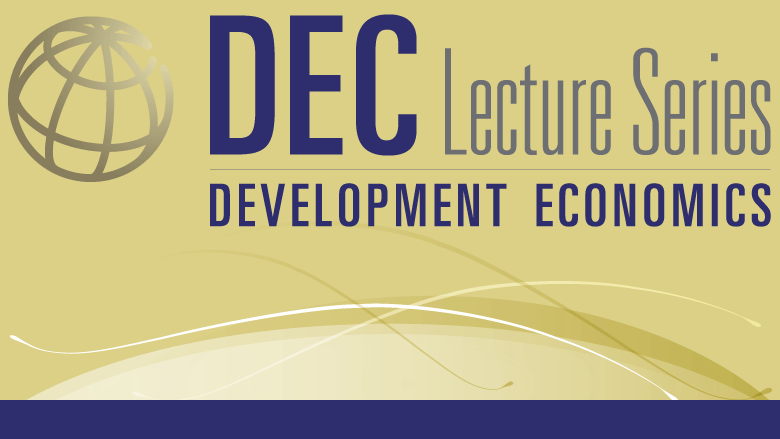Professor Joseph E. Stiglitz graduated from Amherst College, he received his Ph.D from MIT in 1967, became a full professor at Yale in 1970, and in 1979 was awarded the John Bates Clark Award, given biennially by the American Economic Association to the economist under 40 who has made the most significant contribution to the field. He has taught at Princeton, Stanford, MIT and was the Drummond Professor and a fellow of All Souls College, Oxford. He is now University Professor at Columbia University and Chair of Columbia University's Committee on Global Thought. He is also the co-founder and Executive Director of the Initiative for Policy Dialogue at Columbia. In 2001, He was awarded the Nobel Prize in economics for his analyses of markets with asymmetric information, and he was a lead author of the 1995 Report of the Intergovernmental Panel on Climate Change, which shared the 2007 Nobel Peace Prize.
Stiglitz was a member of the Council of Economic Advisers from 1993–95, during the Clinton administration, and served as CEA chairman from 1995–97. He then became Chief Economist and Senior Vice-President of the World Bank from 1997–2000.
Recognized around the world as a leading economic educator, he has written textbooks that have been translated into more than a dozen languages. He founded one of the leading economics journals, The Journal of Economic Perspectives. His latest book, The Price of Inequality: How Today’s Divided Society Endangers Our Future was published by W,W, Norton & Company in June 2012.

